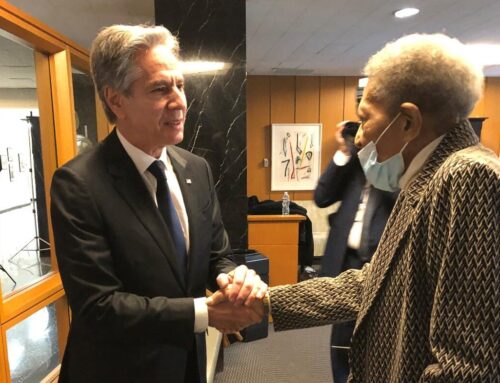Too many people at the top don’t respond mindfully to ideas and feedback, and it damages their culture.
We call this behavior Respond with Regard. Responding with regard means you receive ideas and react in ways that respect the other person, build momentum, improve your employees’ strategic thinking, and generate more useful ideas.
This article is excerpted from the book Courageous Cultures: How to Build Teams of Microinnovators, Problem Solvers, and Customer Advocates (HarperCollins Leadership, 2020).
Photo: Amy Hirschi on Unsplash
How you and leaders at every level respond to ideas and feedback will either build momentum or crush your culture before it gets started. We call this behavior Respond with Regard. Responding with regard means you receive ideas and react in ways that respect the other person, build momentum, improve your employees’ strategic thinking, and generate more useful ideas.
In our experience, this skill is one of the most underappreciated and rarely taught in most leadership and management training. Unfortunately, that lack of training results in three common leadership failures.
1. Apathy
We met Nolan, an energetic and creative vice president who has repeatedly brought ideas to his CEO that would save the company millions of dollars. The CEO dismissed the ideas and replied, “Just do the job I hired you to do.” Nolan is able to do that work without breaking a sweat, so, he says, “I take a long lunch every week and take flying lessons. When I get home, I work on starting my own business.”
This is an example of the first mistake leaders make when responding to ideas and feedback: they respond with apathy. Perhaps they take the employee’s ideas as a threat to their own competence, a challenge to their authority, or they just don’t want to be bothered. Regardless of the reason, when your managers respond with silence or apathy, it’s a guaranteed way to kill a Courageous Culture.






